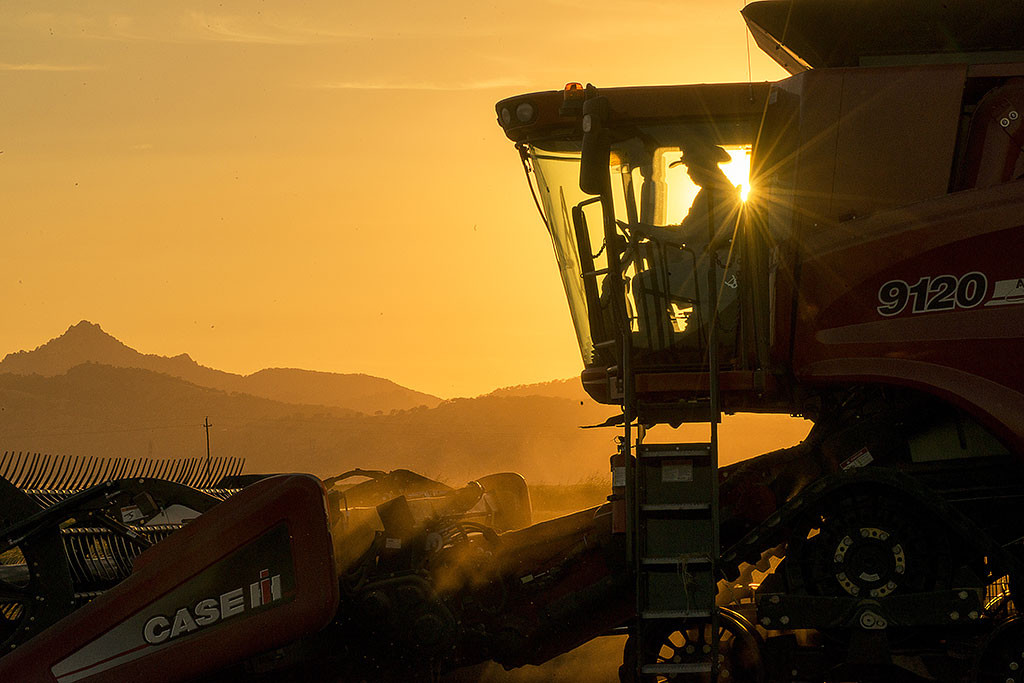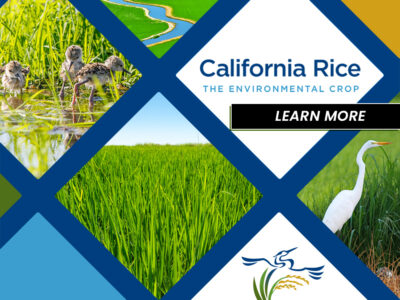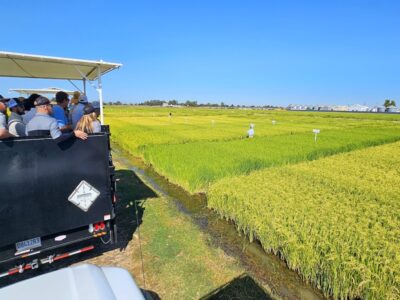Yesterday’s announcement from the Governor eliminating the sale of internal combustion engines for passenger vehicles in 2035, also had a provision not widely reported that impacts heavy duty and off road vehicles by 2045. These are the classifications for all farm equipment. In short, the announcement yesterday directed regulatory agencies, including ARB, to develop regulations to prohibit the sale of non-zero emission passenger vehicles after 2035. It also directed that all heavy duty and off road fleets be transitioned to zero emission by 2045.
We see this as potentially one of the most impactful regulations agriculture has ever seen affecting every farm in every region of the state.
Our initial assessment is the requirement is both technically impossible and beyond financially infeasible. The CRC has detailed Paul Buttner to start working immediately on technical arguments that we will advance now. Kahn, Soares and Conway is rallying other Ag groups to formulate a policy response to the legislature and to CDFA. You should be calling your trade associations today to express your great concern. We need to avoid the cost and uncertainty of a 15 year uncontrolled regulatory process.
Attached is the KSC Newsletter on yesterday’s announcement.
Contact: Tim Johnson




